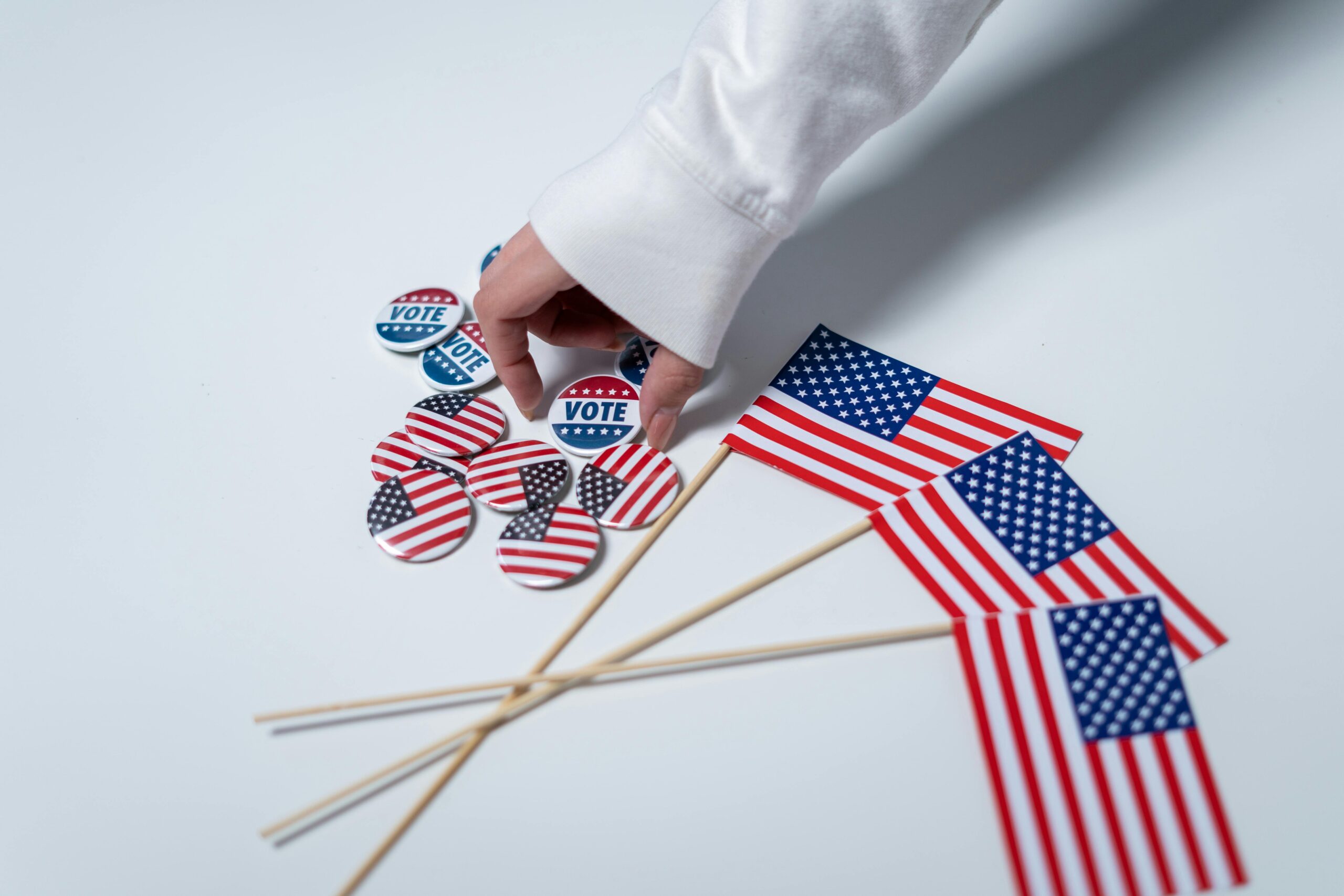As the Safeguard American Voter Eligibility Act (SAVE Act) moves to the Senate, legal and political observers are debating its possible implications for voting access, particularly among married women who have changed their last names.
The bill proposes significant changes to voter registration procedures, citing concerns over election security. However, studies have consistently shown that voter fraud in the United States is rare and does not meaningfully impact election outcomes.
A central provision of the bill is the requirement for individuals to provide proof of U.S. citizenship when registering to vote. Acceptable documents include a birth certificate, U.S. passport, naturalization papers, and some versions of the Real ID that indicate citizenship status.
An analysis by the progressive think tank Center for American Progress points out that as many as 69 million American women have changed their surnames after marriage, potentially creating a mismatch with the names on their birth certificates. Additionally, a 2023 survey by YouGov found that over half of Americans do not hold a passport.
Some lawmakers opposing the bill argue that these requirements could make it harder for married women to vote. “This voter suppression bill will disenfranchise millions of voters, especially married women,” said Democratic Representative Ilhan Omar on social media.
Supporters of the SAVE Act, however, emphasize that the bill directs states to determine what supplementary documents can be used when there are discrepancies in a voter’s citizenship documentation.
“The Democrats’ claim that married women who change their name won’t be able to vote is completely false,” said White House press secretary Karoline Leavitt during a Friday press briefing.
By: npr.org







